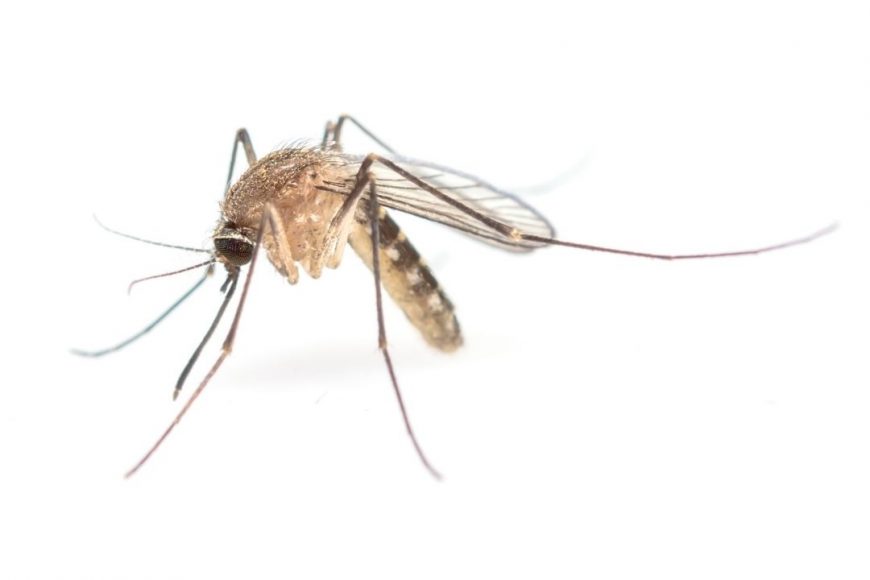Fill out the form below and a Cypress Creek representative will be in touch with you about your pest control needs.
BLOG

Common Mosquito Species in Houston
Houston, known for its warm and humid climate, is a haven for various mosquito species. Understanding the different types of mosquitoes in the area can help you take effective measures to protect yourself and your family. Here are some of the most common mosquito species found in Houston:
1. Aedes Aegypti
Common Name: Yellow Fever Mosquito
Identification:
- Black with white markings on the legs and a distinctive lyre-shaped pattern on the thorax.
- Small in size.
Habitat:
- Prefers urban areas and breeds in containers, old tires, and any water-holding containers near human habitation.
Health Risks:
- Known vectors for diseases like Zika, dengue, yellow fever, and chikungunya.
2. Aedes Albopictus
Common Name: Asian Tiger Mosquito
Identification:
- Black with white stripes on the legs and a white stripe running down the center of the thorax.
- Slightly larger than Aedes aegypti.
Habitat:
- Found in both urban and rural areas, breeding in a variety of artificial and natural containers, including tree holes and plant saucers.
Health Risks:
- Can transmit diseases such as Zika, dengue, and chikungunya, although less commonly than Aedes aegypti.
3. Culex Pipiens
Common Name: Northern House Mosquito
Identification:
- Brown with white bands on the abdomen.
- Medium-sized.
Habitat:
- Common in urban and suburban settings, breeding in stagnant water sources like storm drains, rain barrels, and neglected swimming pools.
Health Risks:
- Primary vector for West Nile virus, St. Louis encephalitis, and other arboviruses.
4. Culex Quinquefasciatus
Common Name: Southern House Mosquito
Identification:
- Similar to Culex pipiens but adapted to warmer climates.
- Brown with white markings.
Habitat:
- Prefers polluted water sources such as ditches, septic tanks, and sewage systems.
Health Risks:
- Known to transmit West Nile virus and lymphatic filariasis.
5. Anopheles Quadrimaculatus
Common Name: Common Malaria Mosquito
Identification:
- Dark brown with four dark spots on the wings.
- Larger than most other mosquito species.
Habitat:
- Prefers clean, slow-moving or standing water, often found in marshes, ponds, and lakes.
Health Risks:
- Historically known as a primary vector for malaria in the United States, although local transmission is rare now.
Prevention Tips
While it’s important to recognize these mosquitoes, prevention is key to reducing mosquito-borne diseases. Here are some practical tips:
- Eliminate Standing Water: Regularly empty and clean containers that can hold water.
- Use Mosquito Repellents: Apply EPA-approved repellents when outdoors.
- Install Screens: Ensure windows and doors have intact screens to keep mosquitoes out.
- Wear Protective Clothing: Wear long sleeves and pants, especially during peak mosquito activity times (dawn and dusk).
Understanding the mosquito species in Houston can help you take targeted actions to protect yourself and your community from mosquito-borne diseases. Stay informed, stay protected!

